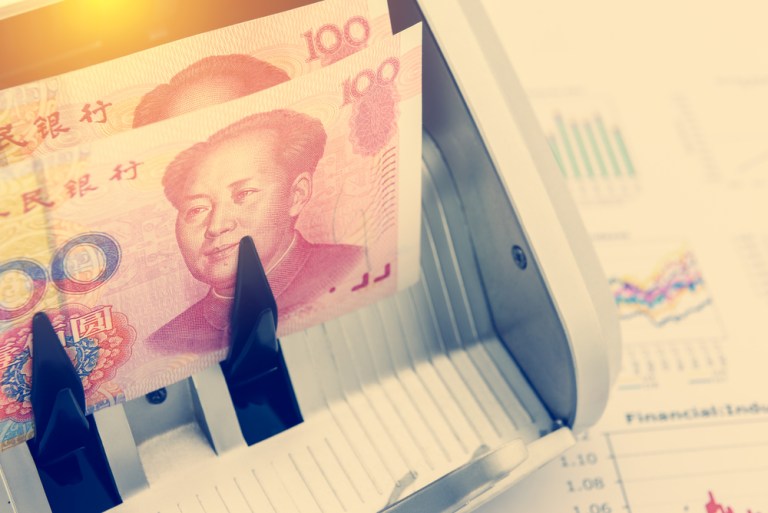China Appoints Reformer To Tackle Financial System

Guo Shuqing, the former head stock market regulator in China, has been appointed as chairman of the China Banking Regulatory Commission, replacing Shang Fulin, who was forced to retire after reaching the mandatory retirement age of 65.
According to a report in The New York Times, which cited the Chinese commercial news media, Guo, who has a reputation as an economic reformer, will be tasked with fixing China’s debt-ridden banking system. He arrived at the China Banking Regulatory Commission on Friday (Feb. 24). The NYT noted his appointment is a signal that the country, which has the second largest economy in the world, is serious about overhauling the financial system. China is aiming to move beyond its dependence on manufacturing, but its financial system, which experts told the paper are holding back its economy, is hurting those efforts because it follows a state-directed lend and spend model. That model has resulted in a high level of debt and, at the same time, prevents money from going to startups and entrepreneurs, which are often the backbone of a flourishing economy.
While expectations are high that bad loans will flood the country amid a continued slowdown in the economy, it is expected to happen at the same time that banks are getting involved in speculative investment products to raise more money. Yet the banks keep those investments off their balance sheets, which makes it hard to ascertain how much risk those investments pose to China’s financial system and its stability.
The NYT said the appointment of Gou sends a strong message, but other appointments last week were more status quo. The second-in-command at the National Development and Reform Commission and the Ministry of Commerce were appointed to replace their retiring bosses, showcasing that not too much change is expected to happen in the agencies that are China’s main economic planning body and the ones that oversee trade.